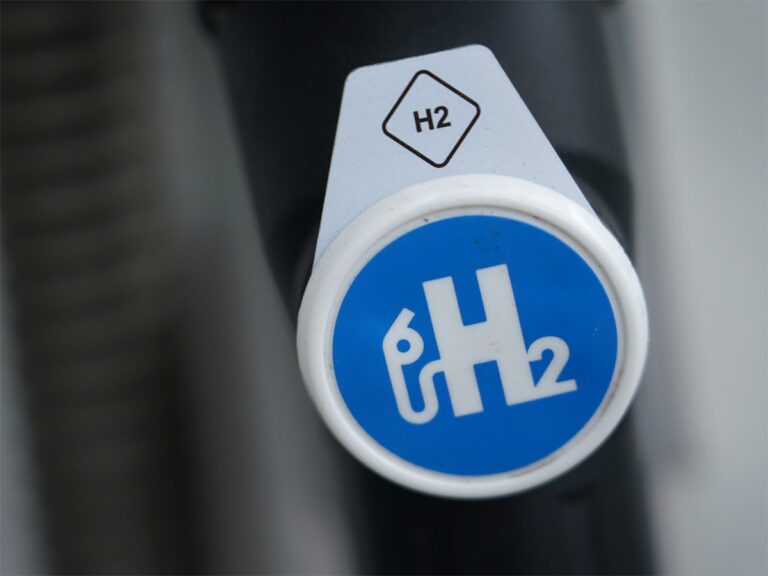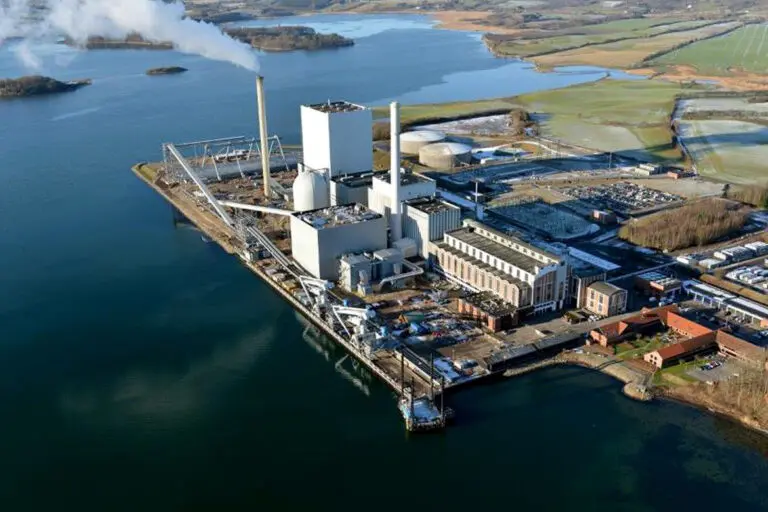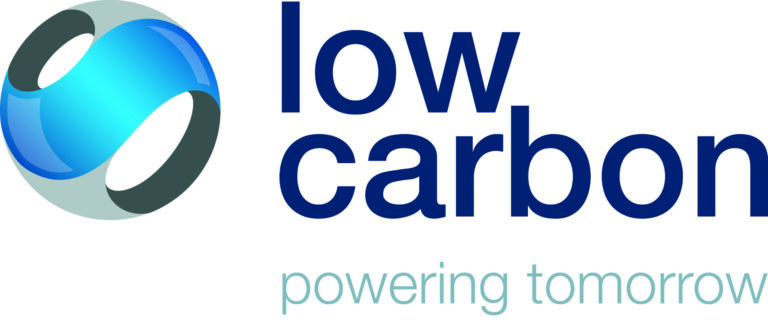
A new body representing the Canadian waste to energy and resource recovery industry has been formed – the Canadian Resource Recovery Council (CRRC).
Rising from the ashes of the defunct but successful Canadian Energy-From-Waste Coalition and based in Toronto, the CRRC said that it will pick up the torch to support an industry that has experienced tremendous growth over the past decade.
“Governments across Canada recognise now that waste is a resource,” commented CRRC President, John Foden.
“The CRRC will work collaboratively with decision-makers to create progressive policies and regulations that support the increased utilisation and development of resource recovery protocols that are consistent with the principles of extended producer responsibility, the integrated waste hierarchy, and zero waste,” he continued.
Recognising that advanced resource recovery solutions, including the recovery of energy from waste, are fundamentally linked to effective and proactive recycling and other diversion efforts, the Council said that it will seek to promote the most sustainable means of treating residual, pre-disposal waste.
The CRRC is also backing the designation of energy generated via resource recovery processes as renewable baseload power that should qualify for premium energy pricing that accounts all the net benefits of an integrated waste hierarchy and a diversified energy system.
“We’ll work to encourage commercially viable energy from traditional waste sources, but we’ll remain neutral about technology,” explained Foden. Nergy f
According to the newly formed trade body, now that government and industry recognise the need to reformulate products to prevent pollutants from ending up in a waste stream in the first place, they must now come together to recognise waste as a renewable resource.
Canada’s residential recovery rate stands at around 23%, but the CRRC noted that this represents only about 35% of the solid waste stream. The industrial, commercial, and institutional sectors generate approximately 65% of all waste, yet the recovery rate for those segments is even lower.
“We can no longer afford to have these vast quantities of residual material lying squandered in the ground,” asserted Foden.
Progressive pricing
According to the CRRC, a progressive price for renewable energy generated from resource recovery processes will make these facilities more cost effective, help to strengthen a budding industry, and create more jobs in a green economy.
“We want to build a big tent that embraces all effective energy-from-waste and resource recovery technologies,” said Foden. “We’re hoping to support Canadian policy-makers so that we’re not leaving future generations with the difficult choices that ours has been unwilling or unable to make.”
The CRRC said that it will represent industry, associations, and other stakeholders committed to sustainable environmental policies and working collaboratively towards a policy regime that recognises ‘waste as a resource’.
The organisation said that it stands for the promotion, adoption, and implementation of resource recovery processes, including energy recovery and energy-from-waste (ER/FW) and select conversion technologies, for the management of residual materials within the context of an integrated waste management system.
Founding members include the Canadian Plastics Industry Association, the Power Workers Union, the Ontario Environment Industry Association, Aquilini Renewable Energy. Entech-REM, Hitachi Zosen, Golder Associates, Ramboll, and others.







